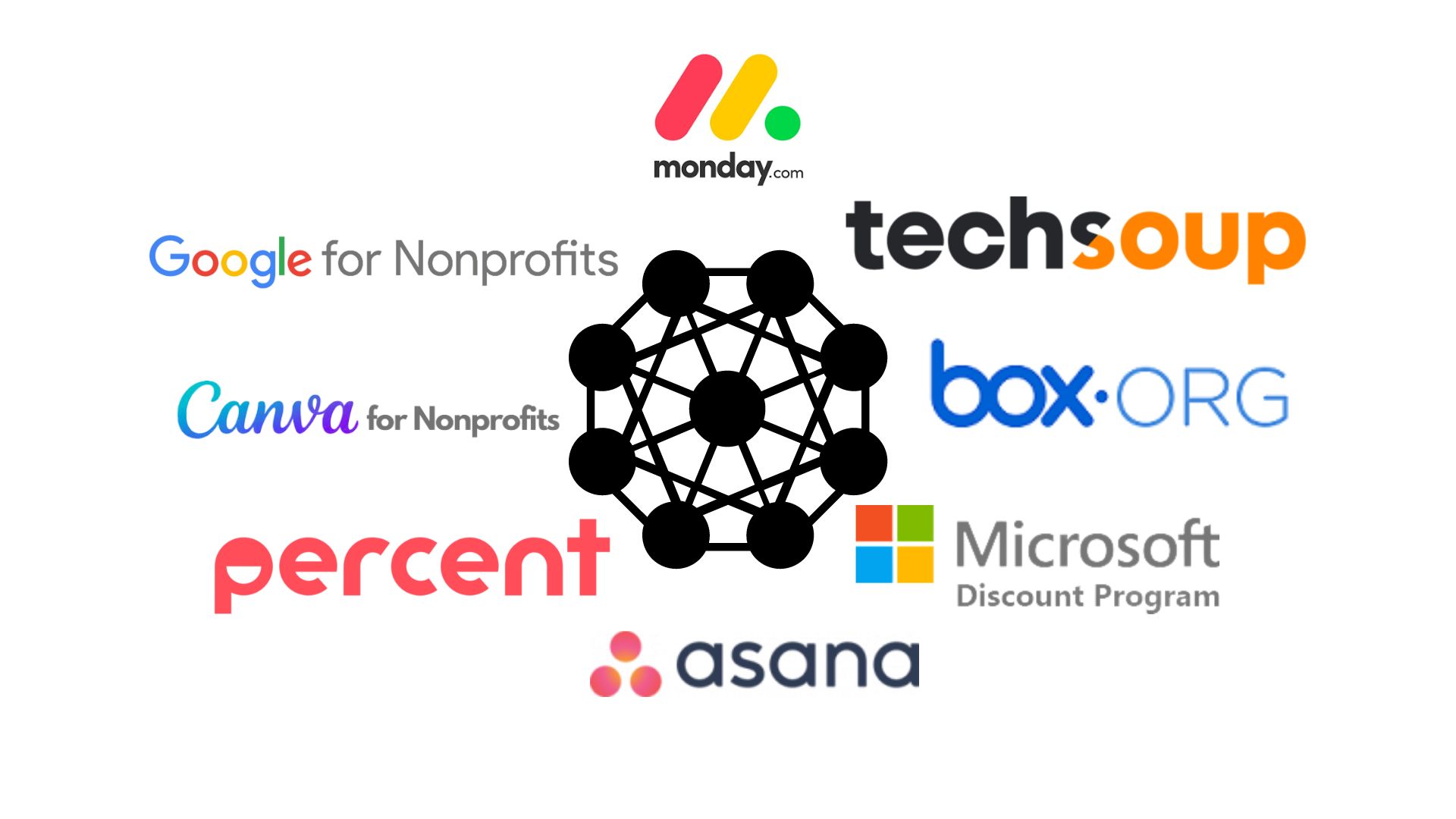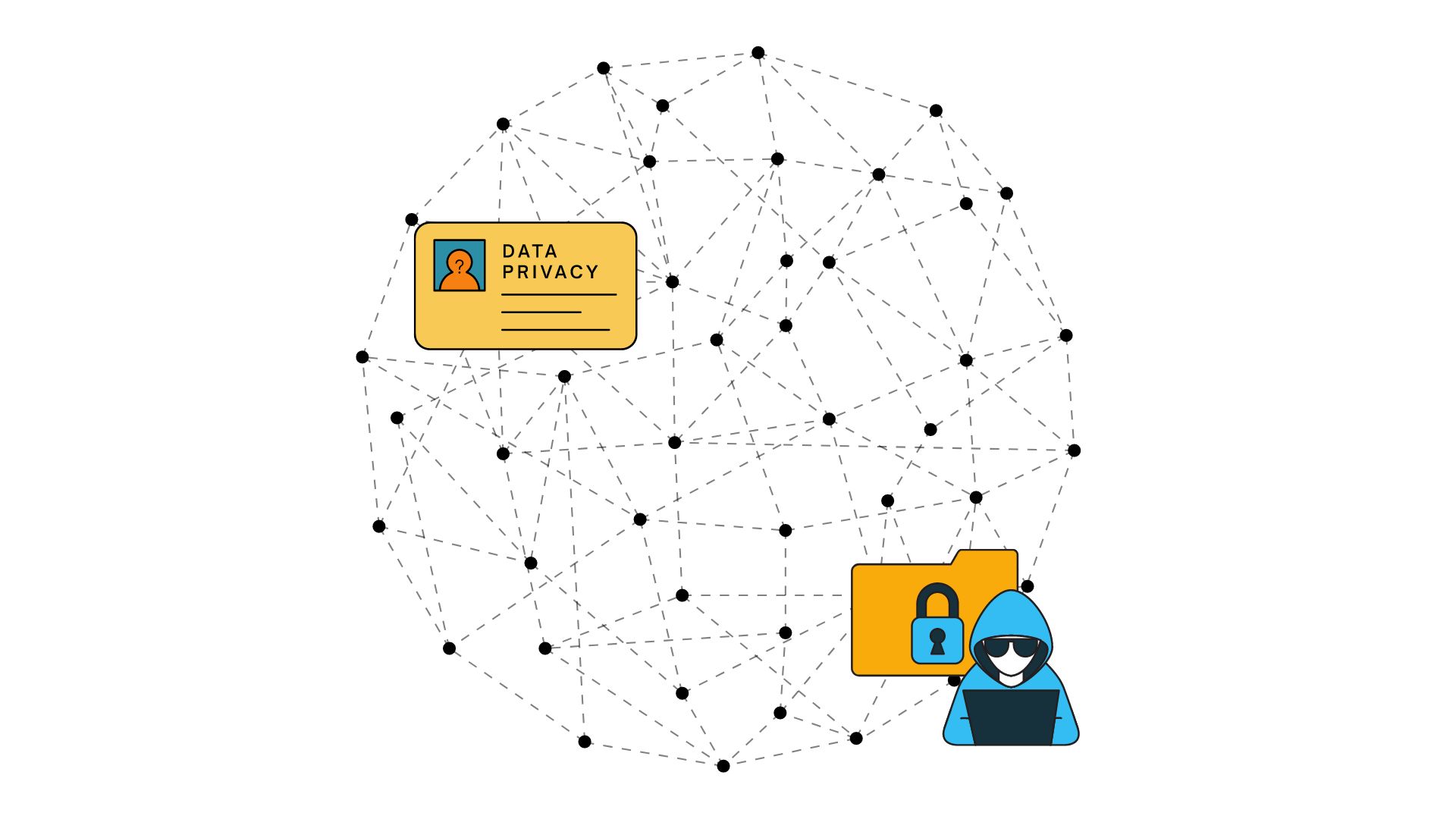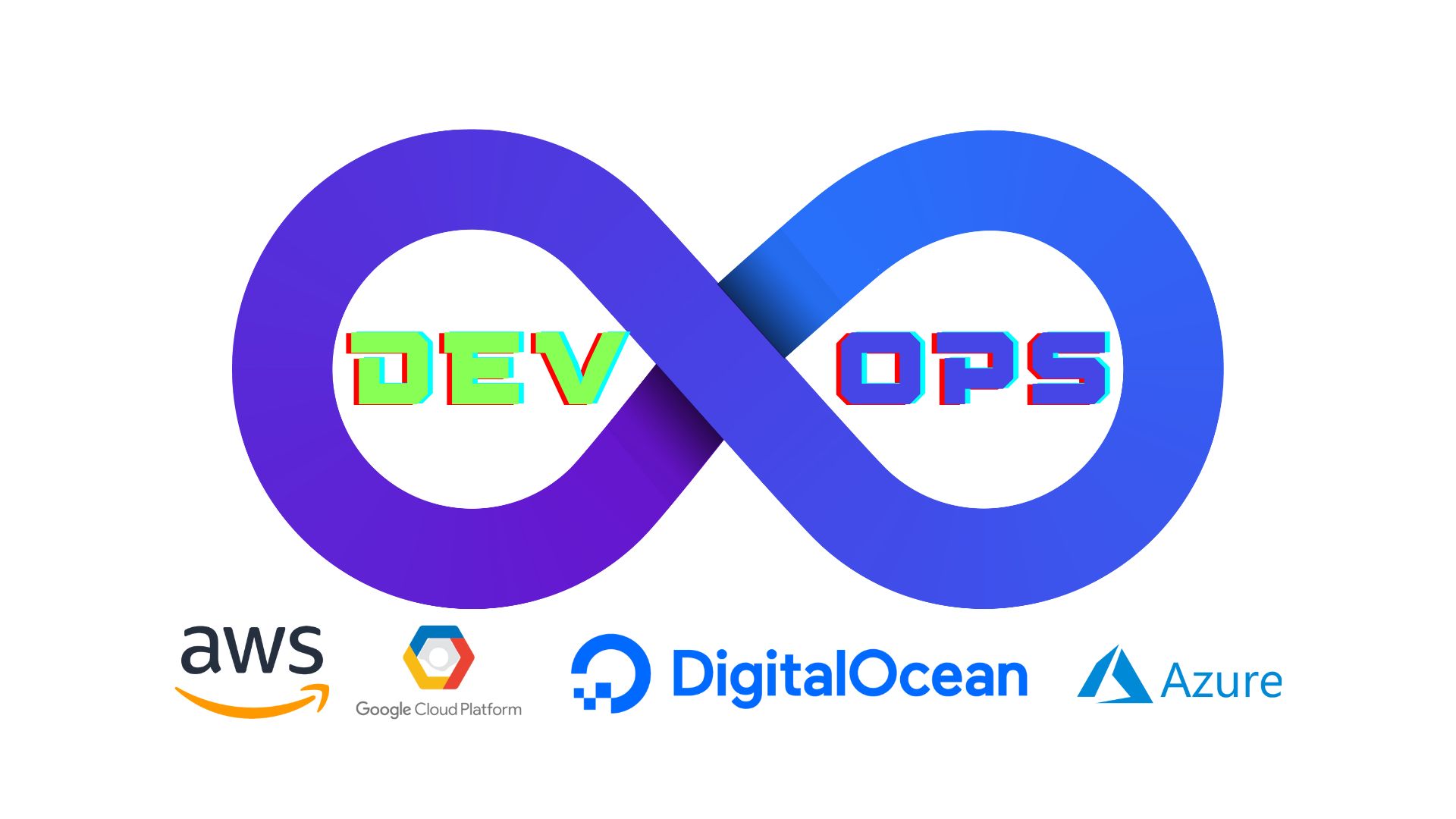Cultivating AI on Ghanaian Soil: Why a Domestic Dataset is Ghana’s Seed for Innovation
In the burgeoning field of generative AI, where algorithms learn to mimic and create, data reigns supreme. While readily available international datasets might seem an enticing shortcut, for nations like Ghana, the path to true AI empowerment lies closer to home. This paper argues for the vital role of a domestic Ghanaian dataset in unlocking the nation’s unique potential, fostering innovation, and ensuring responsible AI development.
Why Ghana Needs Its Own Data Garden:
Uniqueness Untapped: Existing generative AI models, like ChatGPT, are trained on vast, global datasets. This one-size-fits-all approach overlooks the distinct cultural tapestry, linguistic nuances, and socio-economic realities of Ghana. A domestic dataset captures the specificities of Ghanaian language, humour, and social interactions, leading to AI solutions that truly resonate with the people. Imagine healthcare chatbots trained on local health concerns, or educational AI assistants attuned to Ghanaian learning styles. These homegrown solutions hold the key to unlocking tailored advancements, empowering Ghanaians from within.
Transparency in the Seedbank: Popular AI models often operate as black boxes, their data sources and training processes shrouded in secrecy. This lack of transparency raises concerns about biases and prejudices encoded within the algorithms. A Ghanaian dataset, built with local participation and ethical considerations at its core, fosters trust and accountability. Ghanaians can then shape the AI tools that impact their lives, ensuring they reflect their values and aspirations.
Breaking Free from Foreign Vines:
Culturally Competent AI: Imagine an AI assistant for farmers that understands the intricacies of Ghanaian agriculture, or a financial chatbot that navigates the specific challenges of the Ghanaian economy. A domestic dataset enables the development of AI solutions that are not only relevant, but also culturally competent. This avoids the pitfalls of AI perpetuating harmful stereotypes or overlooking local contexts, ensuring technology serves as a bridge, not a barrier, to progress.
Leapfrogging Development: Reliance on foreign AI models risks locking Ghana into a cycle of dependence. Building a domestic dataset empowers Ghanaians to become drivers of innovation, not simply consumers of imported technology. This fosters a thriving AI ecosystem, attracting investment, creating jobs, and propelling Ghana to the forefront of the global AI race.
Challenges and Cultivation Techniques:
Building a robust Ghanaian dataset presents challenges like data privacy concerns, infrastructure needs, and ensuring inclusivity. However, these hurdles can be overcome through collaborative efforts. Open-source platforms, robust security measures, and anonymization techniques can address privacy concerns. Public-private partnerships and community engagement can ensure all voices are heard, and the dataset reflects the diversity of Ghanaian experience.
Conclusion:
Investing in a domestic dataset is not just about technology; it’s about nurturing Ghanaian ingenuity, safeguarding cultural identity, and charting a self-determined path into the future. By cultivating fertile ground for AI to flourish on Ghanaian soil, the nation can reap a harvest of innovation, empower its citizens, and rewrite the narrative of AI development in Africa. The world is watching, and Ghana holds the seeds to its own AI success story. Let’s plant them now, watch them grow, and witness the fruits of responsible, homegrown AI blossom on Ghanaian soil.
This paper has explored the compelling case for a Ghanaian dataset in the realm of generative AI. By moving beyond readily available, opaque international datasets, Ghana can cultivate AI solutions that are tailored to its unique needs, address its specific challenges, and empower its people. The journey towards AI autonomy holds immense potential, and with careful cultivation, Ghana can become a beacon of responsible, culturally competent AI development, not just for Africa, but for the world.



